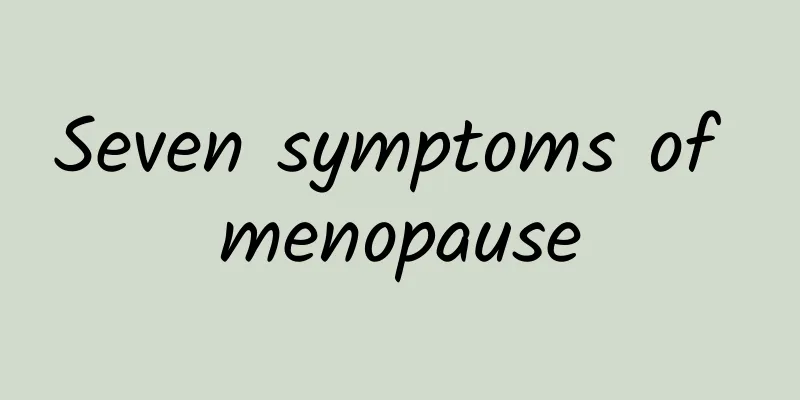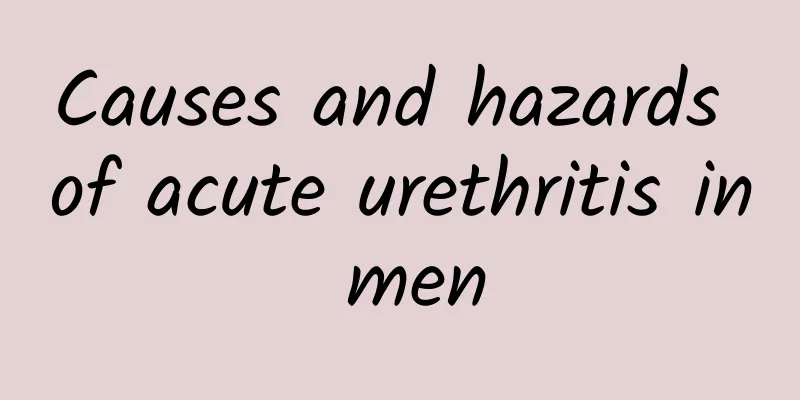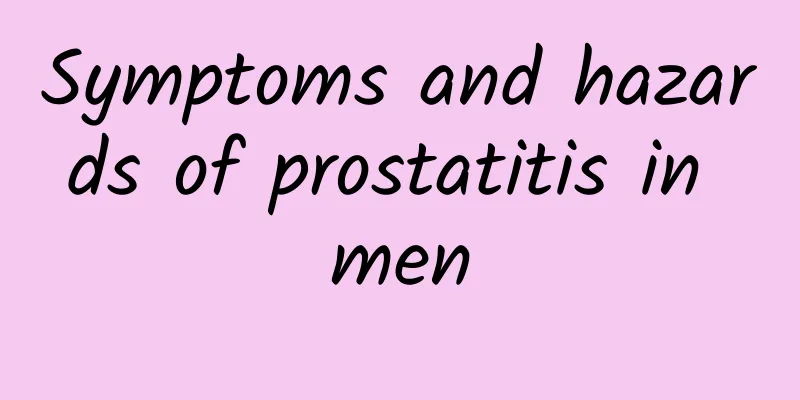Seven symptoms of menopause

|
Men also experience menopause like women. It is generally believed that after men reach the age of 50, the structure and function of male sex hormones will undergo an evolutionary process from prosperity to decline. During this period, the net weight of male testicles decreases, the volume shrinks, the seminiferous tubules begin to shrink, the spermatogenic epithelial cells become soft, and spermatogenesis is hindered. Because the spermatic artery in the male testicles is hardened and the oxygen supply is insufficient, the specificity of the enzyme system related to male hormones in the spermatic vein is reduced. In addition, during the whole process of the gradual decline of male testicular function, the pituitary gonadotropin slowly decreases, and its effect is parallel to that of female hormones. Because of the transgenic changes in the male testicular interstitial cells, the response to gonadotropin becomes weaker, which in turn weakens the androgen effect of the male testicular interstitial cells, and thus the attached and attached sex hormones that depend on androgens also begin to gradually decline. After men reach the age of 50, the structure and function of sex hormones will undergo a complete evolution from prosperity to decline. As age increases, androgen-binding protein increases, so the concentration of testosterone ore also decreases with age. This decrease is more significant and precedes the decrease of total testosterone. The 7 major symptoms of male menopause: Skin aging begins with facial wrinkles 7 common symptoms of male menopause 1. Skin brittleness. Skin aging begins with wrinkles on the face. Then the skin on the neck, hands and feet will also become loose and loose. This is caused by the gradual reduction of body fat and elastic tissue. 2. Cardiac neurosis. The main symptoms are palpitations, chest pain, fatigue, and nervousness. It is more common in women, young people, and adults aged between 20 and 40. They may have symptoms such as tachycardia, insomnia, and poor sleep. Heart X-ray examinations, electrocardiograms, and laboratory tests are mostly normal. Men's menopause is mainly characterized by palpitations, chest pain, fatigue, and nervousness. 3. Mania and depression. 4. Cardiovascular and cerebrovascular disease fragility. As people age, the heart often develops hypertrophic endocardial thickening, which may be caused by the increase of cardiac connective tissue, lipid deposition, and thickening of the heart valves and other structures. In addition, the vascular elasticity is poor, hardening, arteriosclerosis, blood vessel shrinkage and other vascular problems may also appear successively. The vascular regulation is disordered, and sometimes the whole body will be hot like a child, and even kick the mattress, feel restless, have a headache, dizziness, palpitations, etc. 5. Hypertension. It can occur in people of all ages, but is more common in people over 40 to 50 years old. Slowly progressive hypertension is often discovered during routine physical examinations in the early stages, with symptoms such as headache, dizziness, insomnia, memory loss, lack of concentration, fatigue, palpitations, etc. It can be diagnosed by checking blood pressure several times and taking chest X-rays and electrocardiograms intermittently. Erectile dysfunction in middle-aged and elderly people is often related to some organic diseases. 6. Impotence. Impotence can be seen in people of all ages after marriage, with the main symptoms being flaccidity and inability to erect or short erection time. Most of them are young or middle-aged patients. Impotence in middle-aged and elderly people is often related to some organic diseases. Male menopausal gastrointestinal dysfunction is a type of neurological disorder 7. Gastrointestinal dysfunction. Gastrointestinal dysfunction is a type of neurological disorder, which is mainly characterized by digestive tract diseases, which may be limited to the pharynx, esophagus or stomach, but gastrointestinal diseases are the most common. It may also be accompanied by other common symptoms of neurological disorders, such as fatigue, memory loss, inattention, nervousness, insomnia, poor sleep, headache, sweating, anxiety, frequent nocturnal emission, etc. |
<<: A man has a hard lump on his testicle
>>: Boys have lumps in their chests and it hurts
Recommend
How to stimulate male hormone secretion?
Hormones are the main factor that stimulates male...
Food supplements are worse than medicine supplements. Choose Maca
The kidney is an important part of the body and p...
Understanding Male Breast Hyperplasia
Male breast hyperplasia is a common clinical prob...
What is the effect of rubbing the glans with fresh ginger?
Ginger is a very important seasoning in life. If ...
Is it normal for an adult man to still not have pubic hair?
Some men find that they have no pubic hair since ...
How to treat lower abdominal pain in men?
Men may have some pain problems in their daily li...
Chinese medicine for regulating male sexual function
For a man in daily life, having a strong body mak...
Can seafood and beer be eaten together? Will it cause gout?
In the hot summer, you can see many people drinki...
What are the acupuncture points for male sexual enhancement massage?
If men want to enhance their sexual performance, ...
What to do if a man's sperm is dead
What if a man's sperm is dead? Most men are f...
What should I do if my foreskin becomes red and swollen?
What is the reason for the red and swollen foresk...
Trichomonas vaginitis can infect men
Trichomonal vaginitis can be transmitted to men, ...
What to do if a man has a burnt crotch
It is very easy to find flatulence under the male...
Young people have slightly larger prostates
Prostate enlargement usually occurs in the elderl...
Male genitals are not hard enough
If the male genitals are not hard enough during s...









